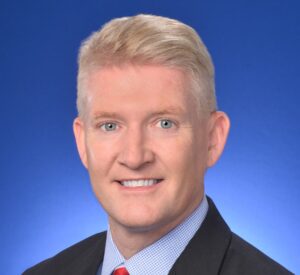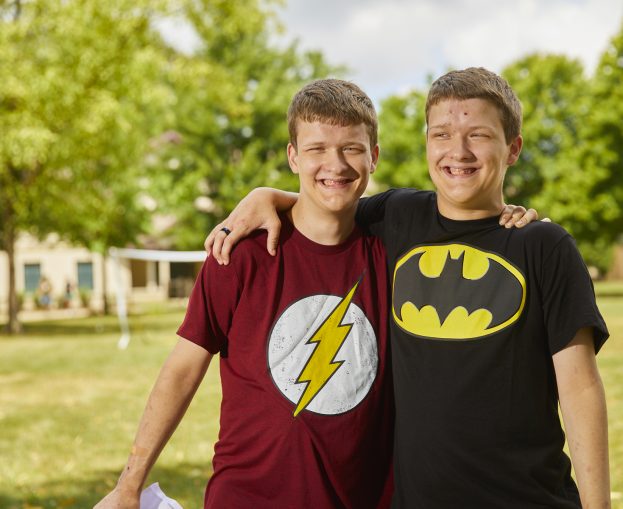The Power of Family Engagement
A stranger visiting Damar Services for the first time might be surprised to encounter some of our clients’ family members. Certainly, a number of those family members might be there simply for a daily visit or to address some sort of administrative matter. But many others are there in more permanent, official roles.
And that, I think, makes an immeasurable difference in the results we can deliver to our clients and their families.
For background, let’s look briefly at the history of treatment. Until the last few decades, the families of people like those we serve would typically have two options: send their children away to institutions for treatment, or keep them at home with virtually no treatment. (Adults generally received no treatment.)
In the cases of those children who did receive treatment, they often were, by design, isolated from their families. Such programs typically focused on “fixing” a child so that an improved and more stable version of the child eventually could be sent home and reintegrated into a family and community.
However, we have learned (and research supports) that the best results occur when families affected by decisions are involved in those decisions, and we have found that, regardless of their level of functioning or situation, all families and parents have strengths and can influence and help guide the intervention process. As such, we work to find ways to integrate families into Damar and its programs. In fact, we give parents defined and distinct roles. Following are some examples of parents’ roles at Damar.
- Co-expert: Contributing to treatment planning, case formulation, interventions and data collection for their own children.
- Employee: Working as paid staff members with their own child or others.
- Staff trainer: Helping to provide content training from a parent’s perspective.
- Interviewer: Helping to select applicants to work with their children or others.
- Board member: Providing input into planning, strategies, policy and resource needs and allocations.
- Committee member: Providing input into all policies, procedures, data collection and more. Damar prohibits any committees to meet without a parent and/or youth participation. Some of our more active committees include PQI, organizational planning, strategic planning and Parent Voices.
- Advocate: Offering perspective into intra-and interagency initiatives on advisory committees and policy-making decisions.
- Performance and quality improvement officer: Helping to inform the performance and quality improvement processes.
- Parent liaison: Providing a resource to other parents who have loved ones in our care – especially those who have little experience with complex treatment programs. Damar has a paid parent liaison on staff.
As this suggests, Damar invests a great deal of time, energy, creativity, money and more into this process of engaging families, and this engagement does not come without its obvious challenges. There can be a steep learning curve for family members, passionate family members can be disruptive to well-oiled processes, and family members’ schedules, hometown and abilities can present real obstacles to their ability to get involved.
For us, though, the value of family engagement far outweighs any of those challenges, and it certainly offers one further benefit: The presence of the families constantly remind us that our work is not about what’s easiest or best for us. It’s about the serving the needs of our clients and their families. With that as our guide, we simply can’t see another way to do what we do.





